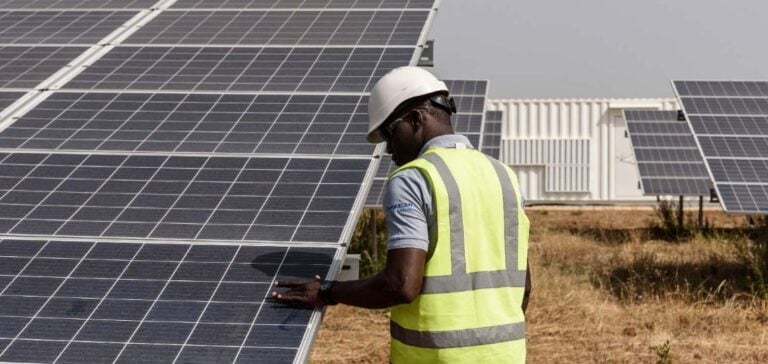Niger has officially taken delivery of a 20 MW (22.5 MVA) diesel power plant donated by Morocco. Named King Mohammed VI, the plant is located in the industrial zone of Gamkaley in Niamey. It consists of nine generators, nine step-up transformers, high and low voltage cables, and a prefabricated control room equipped with modern technologies.
The staff of the Nigerien Electricity Company (NIGELEC) will receive specialized training to operate and maintain this infrastructure. This new energy capacity will supply approximately 6,000 customers spread across four districts in the capital.
A response to supply challenges
This project comes at a time of significant energy dependence for Niger, where around 70% of electricity consumed is imported from Nigeria. Energy relations between the two countries have been strained, particularly due to unpaid debts accumulated by Niamey. In this context, the diesel plant donated by Morocco represents a temporary alternative to stabilize local energy supplies.
A strategic stake for Morocco
For Morocco, this project is part of a strengthened cooperation policy with sub-Saharan African countries. It is not only a diplomatic gesture but also a way to assert its influence in a region where the need for energy infrastructure remains high.
Limited energy diversification
Although Niger is exploring diversification projects, particularly through solar and nuclear energy, investing in fossil fuel infrastructure like this diesel plant highlights the economic constraints and the immediate need for operational capacity. Such installations address growing demand quickly but raise questions about costs and long-term supply sustainability.






















